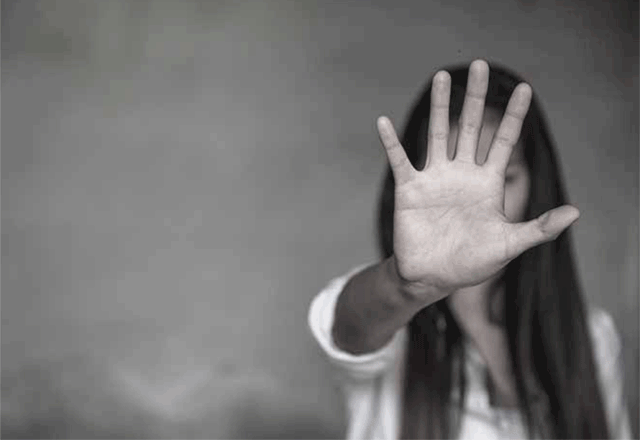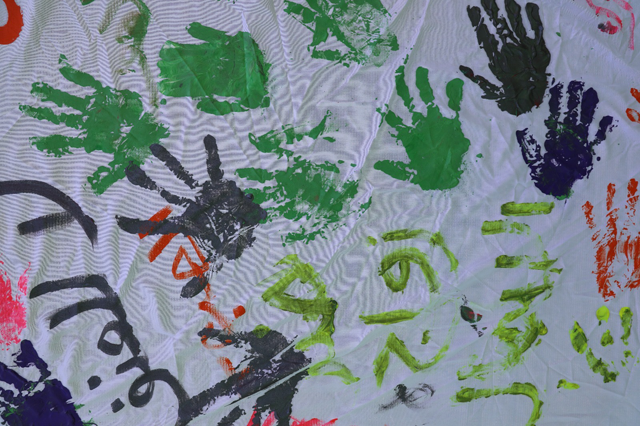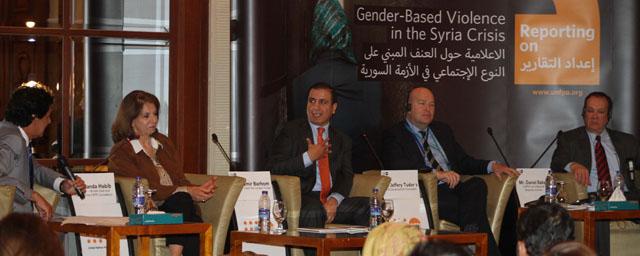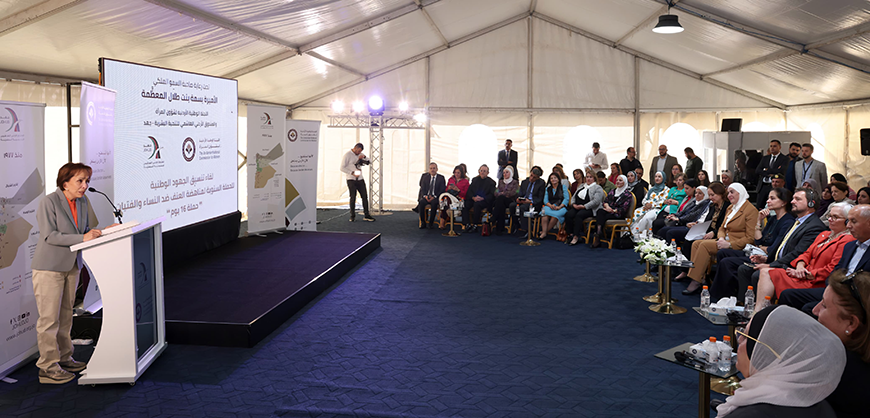You are here
Dangers of normalising violence against women and ways to help prevent it
By Sara Mahdawi , Family Flavours - Dec 18,2022 - Last updated at Dec 18,2022

Photo courtesy of Family Flavours magazine
By Sara Mahdawi
Clinical Psychologist
Gender-based violence (GBV) is a broad term, yet an easy action to distinguish. Affecting both men and women, GBV is the more notable human rights violation within all societies.
The official definition of GBV is harmful acts directed at an individual based on gender. It is rooted in gender inequality, the abuse of power and harmful norms. Unfortunately, one in every three women worldwide is subjected to either physical and/or sexual abuse in their lifetime.
Triggers
Social norms: We may find ourselves wondering why a certain phenomenon occurs more often in a specific area compared to another. Several risk factors play a role in increasing the prevalence of GBV, starting with social norms. Social norms are behaviours considered acceptable in a community or for a group of people. Unfortunately, in communities that normalise gender inequality such as giving a higher status to men, witness a higher prevalence of GBV amongst women.
Economic conditions and lockdowns: The economic situation, displacement, war, and sadly, the recent development of lockdowns and other movement restrictions due to the pandemic, have all left many victims with their abusers, isolated from their support networks. GBV does not only affect survivors, but it also affects society at large. Normalising violence against women will only normalise all other forms of violence in a community, as exposing children to such acts might increase the number of adults who will become abusers or victims themselves.
Seven different forms of GBV
If we want to take an active role in preventing GBV, we need to be able to identify all forms of GBV. The United Nation Population Fund (UNFPA) identifies seven forms of GBV:
•Sexual violence: Rape and marital rape, taking advantage of a coercive environment, or against a person incapable of giving genuine consent
•Sexual harassment: Any unwelcome sexual innuendo or other verbal or physical conduct of a sexual nature, display or pornographic material
•Physical violence: Beating, punching, kicking, biting, burning, maiming, or killing, with or without weapons; often in combination with other forms of sexual and gender-based violence
•Emotional and psychological violence: Nonsexual verbal abuse that is insulting, degrading, and demeaning
•SocioEconomic Violence: Discrimination and/ or denial of opportunities and services exclusion, denial of access to education and health assistance or remunerated employment
•Early marriage: An arranged marriage against the survivor’s wishes, which may expose a person to violent and or abusive consequences if he or she refuses to comply. This includes child marriages
•Female genital mutilation: The cutting of genital organs for nonmedical reasons, usually done at a young age and ranges from partial to total cutting
Take an active role
It can be very scary to think of ourselves or someone we love such as our mothers, daughters, sisters, friends, or neighbours as surviving or still suffering from GBV.
Things that can be done to prevent GBV:
•Taking part in reducing stigma by spreading awareness about GBV in the community
•Listening to survivors without judgment
•Offering support if the survivor wishes it
•Staying up-to-date on laws and reporting procedures in your country
•Educating your children about GBV
•Avoiding common and harmful gender stereotypes such as “girls are sensitive and men are violent and strong”, or “girls belong in the kitchen and only men should be allowed to work”, and so on
•Becoming a vocal advocate for gender equality and taking part in campaigns that aim to prevent GBV
Keep in mind that abuse is about control and control starts once the abuser succeeds in isolating the victim from loved ones to convince the victim that their abuser is the most important person in their lives. In those cases, a text, a phone call and a shoulder to cry on can go a long way. If you or someone you know is experiencing any form of violence, make sure to contact specialised authorities. You can contact the Jordan River Foundation hotline number at 110.
Reprinted with permission from Family Flavours magazine
Related Articles
AMMAN — The United Nations Population Fund (UNFPA) in Jordan has received support from the French Ministry for Europe
Gender-based violence and other acts of violence practised against women should be highlighted in the media to find ways to address them, experts and media representatives said on Monday.
AMMAN — HRH Princess Basma, chairperson of the Jordanian National Commission for Women (JNCW), stressed the critical need for coordinated na



















